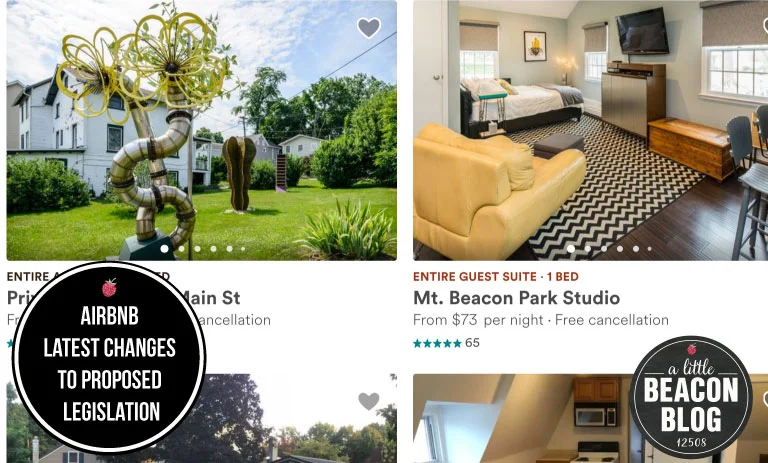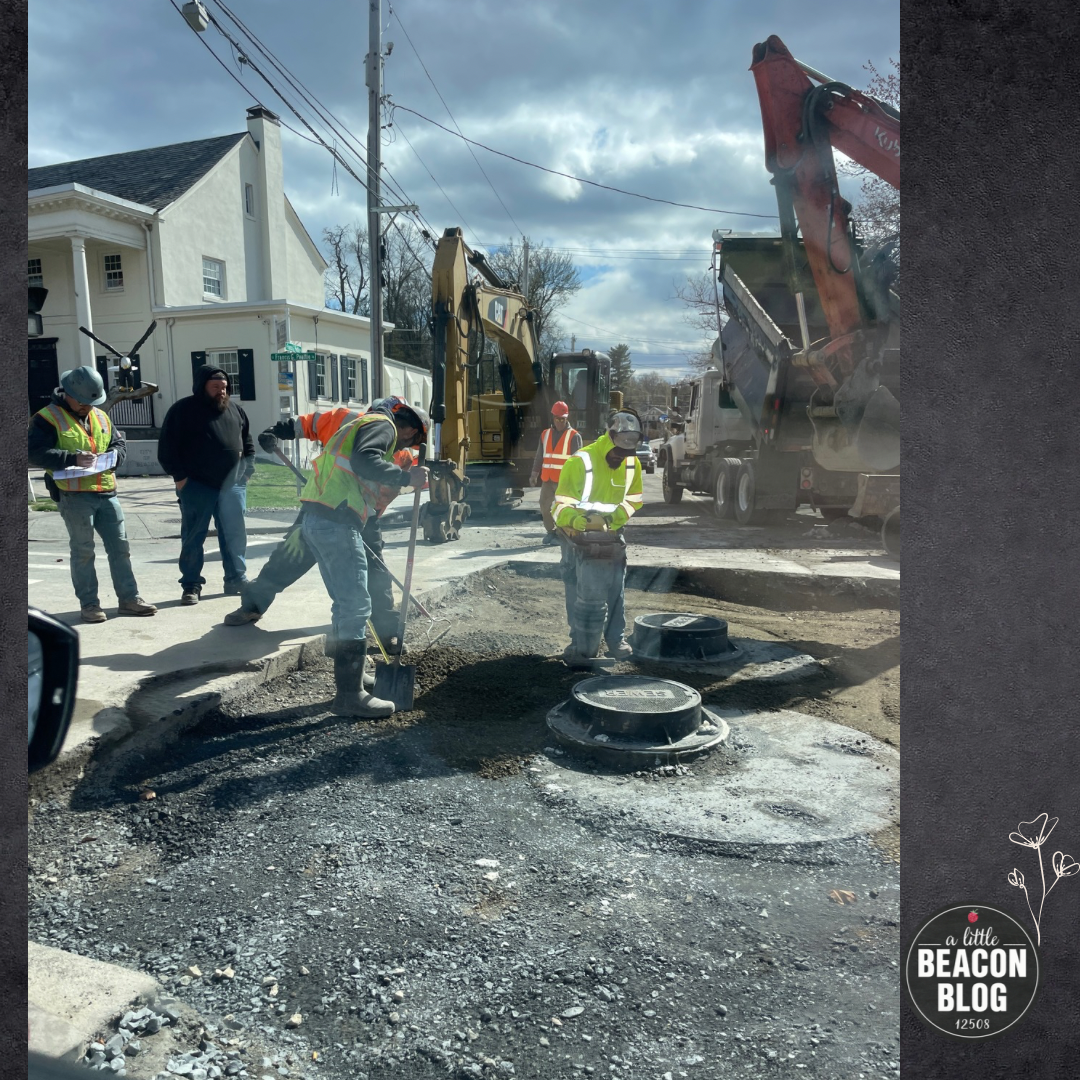Police Referral and Signing Bonus Passes - $10,000 Per Hire Who Stays Longer Than 6 Months
/The slightly revolving door of the Beacon Police Department just got a golden appliqué. At the December 16, 2024 City Council meeting, the Council unanimously passed a resolution presented by City Administrator Chris White for the payment of $5,000 to a member of the Patrolmen’s Benevolent Association (PBA) who refers a Police Officer of New York State to the City of Beacon’s Police Department, and $5,000 to that Officer if they stay in the job longer than six months.
Salaries of Beacon Police Officers have also increased 5% since September 2024, when the Council voted unanimously to move the salaries to more closely match municipalities around the region.
Staffing Challenges
For over a decade, the Beacon Police Department has been understaffed. With 36 positions available, the department currently has 8 openings, with 2 out on injury, and 1 in the academy who is not yet able to serve on their shift. The constant demand for more officers to regularly patrol Main Street for traffic violations - either on foot or on bike or from sitting in the car - is difficult.
On August 19, 2024, Police Chief Thomas Figlia presented to the Council that the department was in what he called a “crisis,” with officers leaving Beacon for other municipalities with higher salaries. As reported by the Highlands Current, “Of the 31 police officers hired in Beacon since 2014, 12 have left for better-paying jobs elsewhere, Figlia said.”
Salary Differences
At the August 19, 2024 City Council Meeting, the Council unanimously agreed to pass a 5% raise for police salaries. The Starting Salary in 2025 would have been just over $61,000, according to the 2022-2025 PBA’s contract. According reporting by the Highland Current, salaries of the Town of Poughkeepsie were presented to Council, which showed that “a patrol officer in Poughkeepsie reaches his or her top pay of $106,414 after four years of service. In the Town of Poughkeepsie, it’s $113,300 after five years. In Beacon, a patrol officer hits the ceiling of $98,553 after six years. The 5 percent raise, which the council approved unanimously, brings the number to $103,481. The ceiling rises to $106,068 next year.” City Administrator Chris declared at the August 19th meeting before the vote that Beacon is no longer competitive with other nearby municipalities.
On August 19th, the 5% raises were passed, bringing the Starting Salary from $61,683 to $64,767 starting September 1, 2024. Then starting January 1, 2025, that would increase to $66,062, according to the Memorandum of Agreement between the PBA and the City of Beacon.
NYPD Recruitment
The hiring pool grew larger with recent changes in Civil Service law in New York State that allows Beacon to hire officers from the New York State Police Department (NYPD), City Administrator Cris stated during the meeting. “We've been interviewing a few.” He went on to voice his preference for recruiting NYPD officers: “The officers are kind of a close-knit community, and if we get one person from NYPD, that person has all of the contacts they worked with in the city and then can say they have a personal incentive to try to recruit them for us.”
Does The Referral/Hiring Bonus Combo Impact Retention?
This referral/hiring bonus combo is the latest attempt to fill the force with officers. However, it is not clear why this referral bonus would help retain an officer once hired. The bonus is paid out to the two parties after the officer has reached 6 months of employment. It would be helpful to know Beacon’s retention rate.
The public is informed of when new officers are hired or promoted, as they require a vote from Council. Retirements are also announced, as they are congratulatory and require new pension payments. But when officers are fired, demoted, or leave for another position, this development is not announced, and is reserved for Executive Session, which is closed to the public.
Workplace culture may also need some nurturing, as vacation days are encouraged to be “bought back” by the City and not used by the officers, as explained by City Administrator Chris on December 16th. He promoted vacation-days-for-cash, which encourages officers to not use their time but to sell their unused days. Workplace culture currently encourages time off for life balance and mental health. City Administrator Chris focused on getting “bodies in the door” during the meeting, a phrase which is not indicative of showing value.
Improvement to the facilities may also help. One or two budget cycles ago, then Police Chief Sands Frost mentioned the locker room at the Police Station being in need of an upgrade. With the new Fire Station across the street with the new geothermal floor, perhaps it is time for a little more comfort down at the Police Station.
With overtime being paid to members of the Highway Department to renovate the men’s 3rd floor bathroom at City Hall, perhaps renovations can be made to the Police locker room if there is another $50,000 paid by Central Hudson to Beacon to do more paving after Central Hudson completes work under the street in the Spring.
Or, if the $10,000 per new hire is not used for recruits, or sunsets on December 31, 2025, perhaps the lump sum can go toward renovations at the Police Station.












































